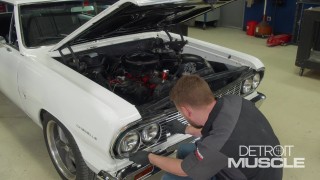Most Customers Are Slamming The Brakes on Subscription Services for Their Cars
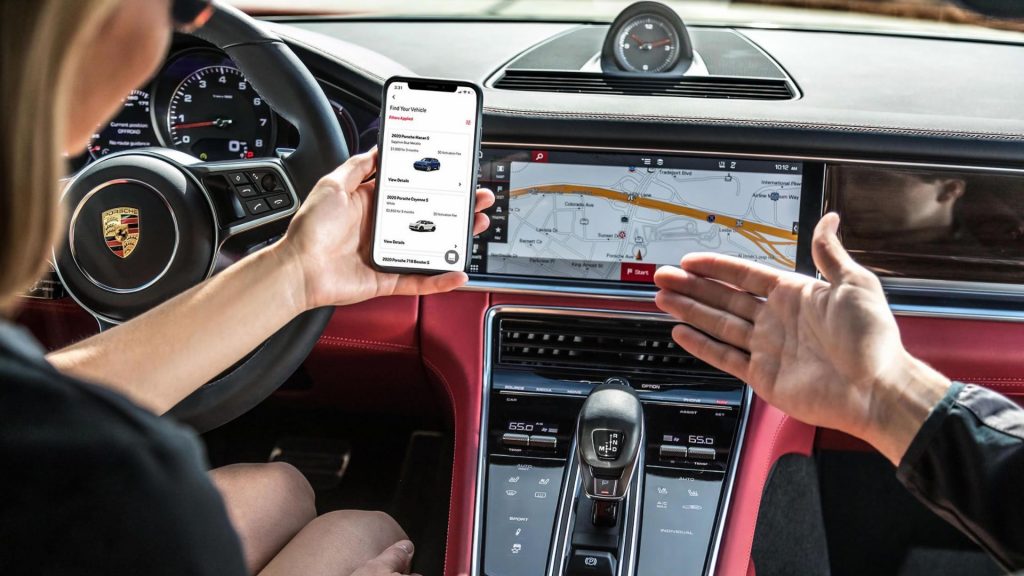
These days almost everyone pays for at least one monthly subscription service. Whether it be for online streaming channels, groceries, shopping, the list can go on and on. Not to miss out on this profitable opportunity, many automakers like Porsche, BMW, and Volvo allow customers to register for their own monthly subscription services that offer in-vehicle entertainment, software and data features, performance capabilities, and access to hardware features. However, according to a new survey, a huge population of consumers would not pay a monthly subscription service for their vehicles to access certain features.
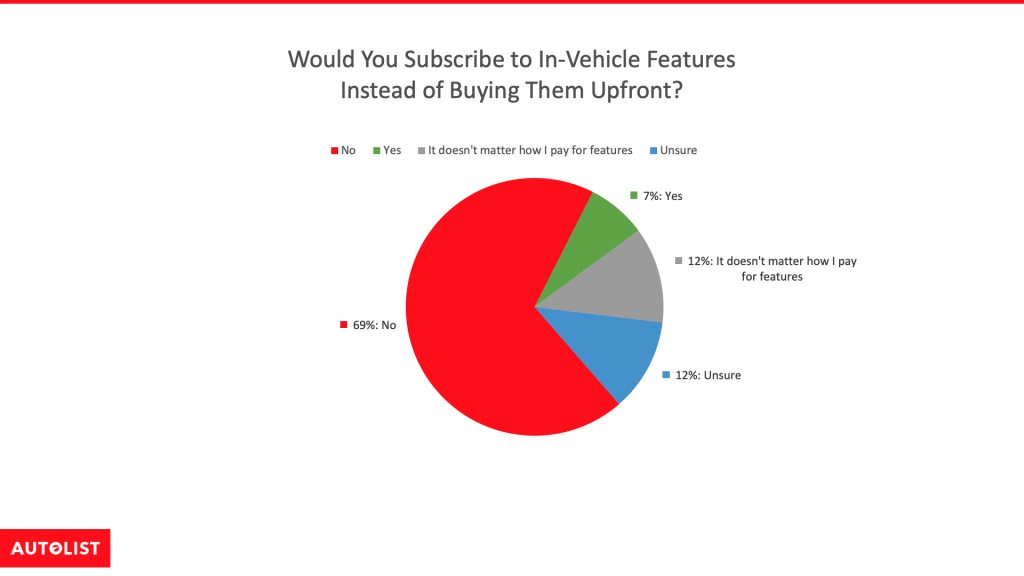
According to the survey, 1,200 car shoppers in February 2023 were asked about their stances regarding monthly subscriptions that allow certain features and services for their cars. 69% of them would not pay for a subscription service for features instead of paying for them upfront, while 7% answered they would be in favor of a subscription model for their car. 12% were neither for it nor against it, and another 12% were unsure how they felt about it.
Household income displayed insight for whether these services would be worth the financial investment. 57% of individuals that made less than $30k a year would not be in favor of an auto subscription service, yet 10% say they would be willing to pay for it.
Meanwhile, one would assume that those making significantly more could easily afford a monthly subscription. Because this is the demographic more likely to purchase higher-end models and trims. According to the results, 83% of those living in households making over $150k a year stated that they would not be willing to pay for this service, and only 6% say they would.
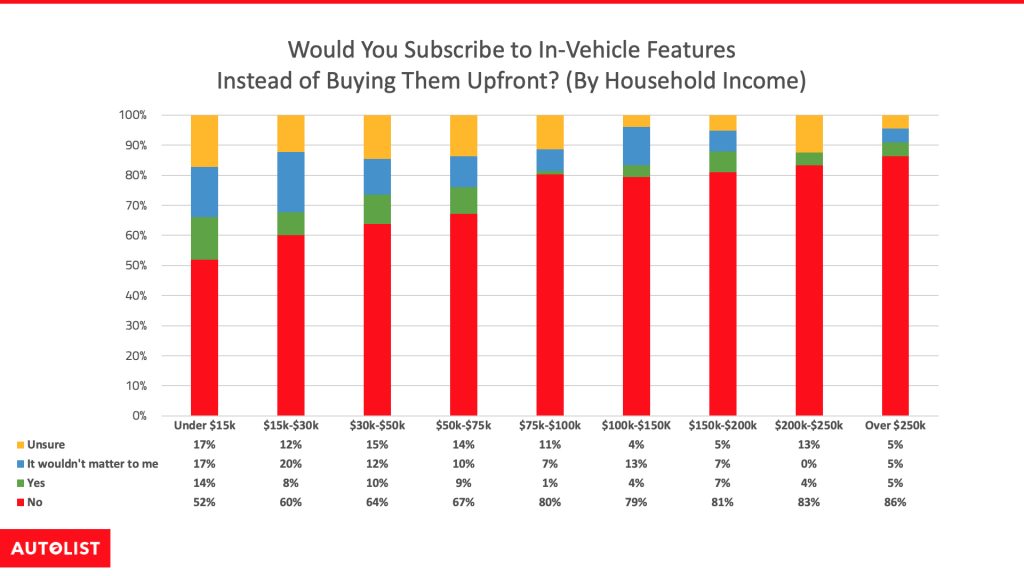
There were also noticeable patterns with the generations answering the survey. Gen Z consumers were shown to be more open to the idea of a monthly subscription service under the assumption that they grew up with similar services for food and entertainment. Meanwhile, those in the Boomer generation were the least likely to find value in these services for their vehicles.
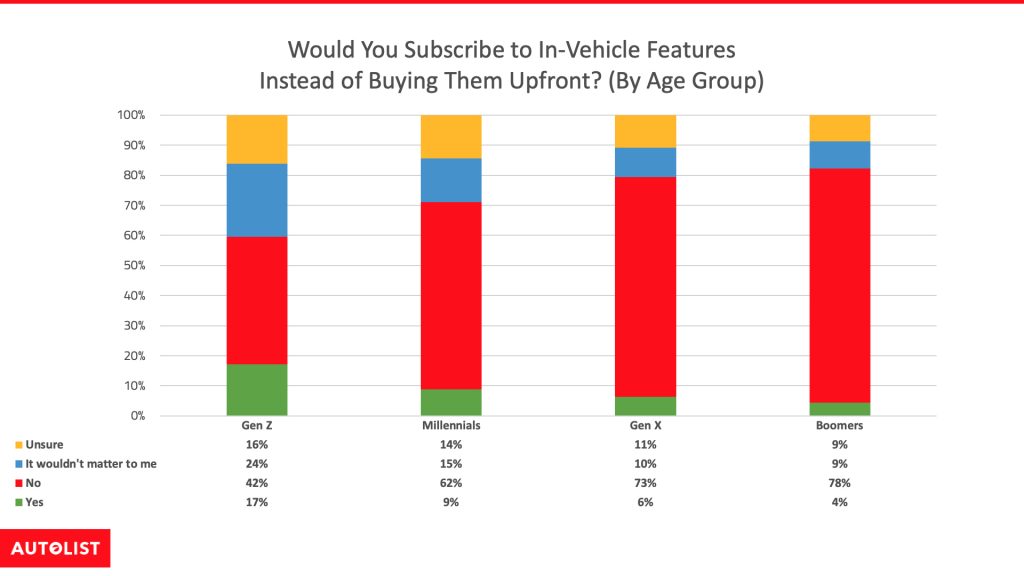
Want to read more articles like this?
Join the PowerNation Email NewsletterRead More from PowerNation
- Chapters
- descriptions off, selected
- captions off, selected
This is a modal window.







